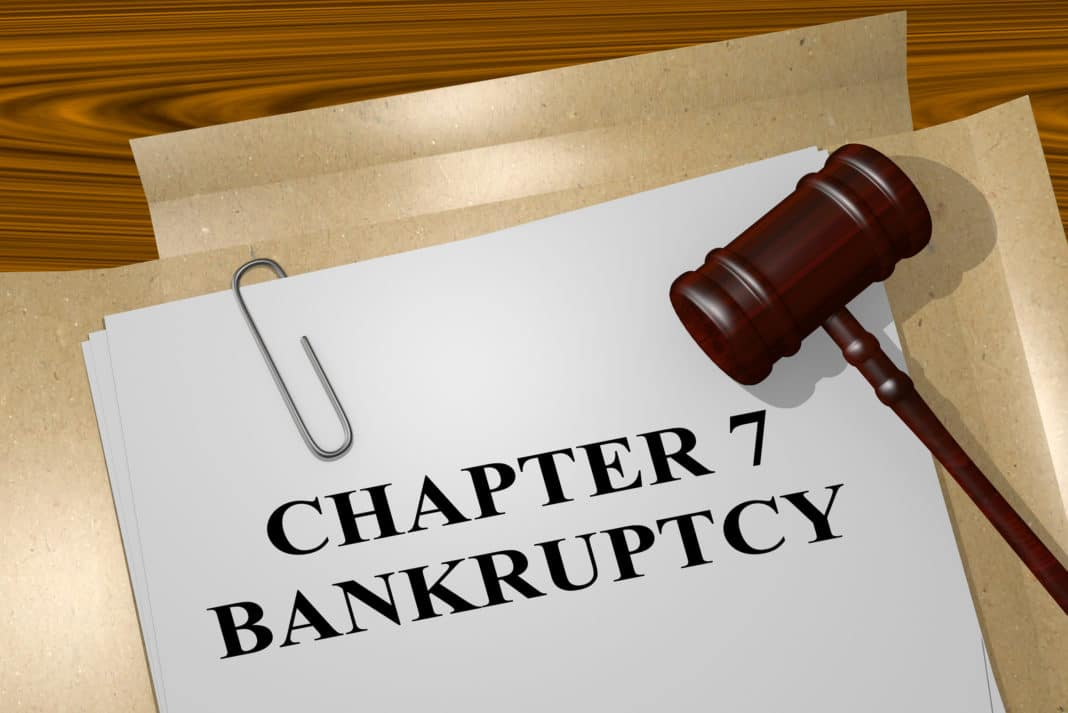How Much Debt Should Someone Have Before Seriously Considering Filing for Chapter 7 Bankruptcy?

Filing for bankruptcy is usually a last resort for many consumers who have tried unsuccessfully to resolve their debts in less drastic ways. Many people reach the precipice where they must decide whether it is worth filing Chapter 7 bankruptcy as a way to get a much needed fresh start.
Unfortunately, there is not a magic number at which point a person should seriously consider filing for Chapter 7 bankruptcy because every financial situation is different. While one household may be able to pay $50,000 of debt off in a few years by reexamining their budget and committing to debt repayment, another may find this amount of debt insurmountable. Rather than picking a number out of thin air, you can look at the bigger financial picture to determine if Chapter 7 is worth it.
Below, learn about three indications that it might be time for you file for Chapter 7 bankruptcy.
1. Bankruptcy Would Provide Significant Relief to Your LifeFor bankruptcy to be “worth it,” you need to get more of it than you lose. At first, this is an easy calculation. If the amount of debt you can have cancelled is greater than the filing costs and your attorney’s fees, you are better off numerically filing for bankruptcy.
However, it is important to remember that there are downsides to filing bankruptcy. Filing bankruptcy will usually have a negative impact on your credit score. You may be denied options to purchase a home or a vehicle. You may even lose some of your property in the process.
For these reasons, it is important to speak with a Flint MI bankruptcy who can assess whether your particular situation calls for filing for bankruptcy and whether its benefits outweigh its drawbacks.
2. You Pass the Means TestAnother important consideration is whether you pass the means test. If you do not pass this test, you will not qualify for Chapter 7 and would have to consider whether you want to file a Chapter 13 bankruptcy to reorganize and pay off your debts in the next three or five years.
The means test is designed to determine if you have sufficient disposable income to pay your debts. The first part of the means test is to determine if your household income is below the state median income. Your Flint MI bankruptcy attorney can help you determine this information or you can use this chart. Then, you go through your expenses and income to determine your disposable income. If you pass the means test, your Flint MI bankruptcy can file your case.
3. You Show Signs of Financial DistressIt may also be worth filing for bankruptcy if you are experiencing financial distress that will not soon be relieved. Some signs you may need debt relief options like bankruptcy include:
You are facing home foreclosure
You are facing repossession of your vehicle
Your wages have been garnished
Your bank account has been frozen
You are behind on your bills
You are unable to afford monthly payments
You are putting all monthly expenses on credit cards
You are liquidating your retirement assets
If you are experiencing any of these signs, contact a Flint MI bankruptcy to explore your legal options.
John Sterby
Flint MI Bankruptcy Attorney
www.sterbylaw.com
